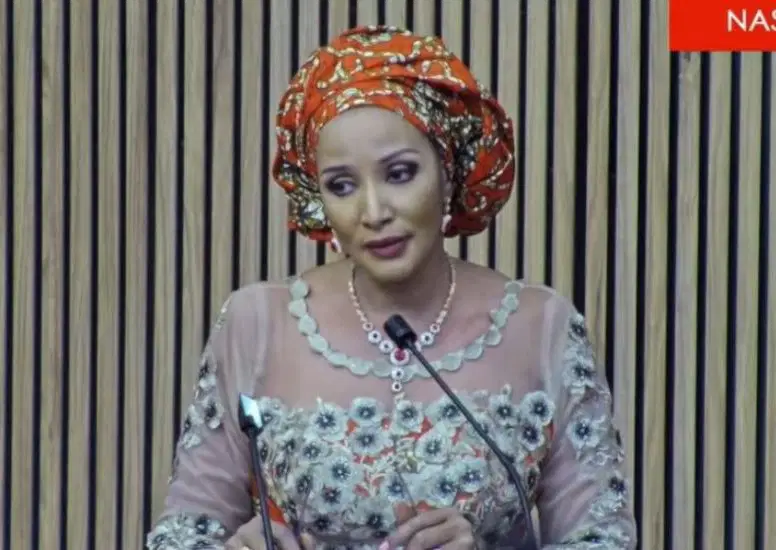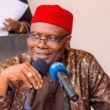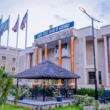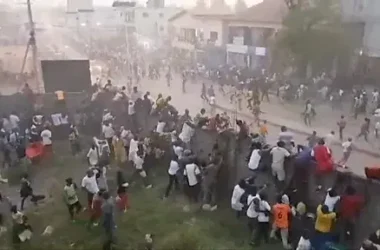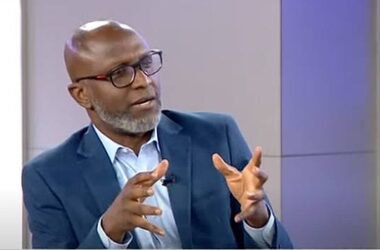Nigeria’s Minister of State for Foreign Affairs, Mrs. Bianca Odumegwu-Ojukwu, has called on the United States to follow proper procedures when deporting Nigerian immigrants. She made this appeal in Abuja on Sunday after meeting with the U.S. Ambassador to Nigeria, Richard Mills Jr.
In a statement issued by her special assistant on communication and new media, Magnus Eze, Odumegwu-Ojukwu expressed concerns over the treatment of Nigerians facing deportation. She noted that about 201 Nigerians are currently in U.S. immigration detention centers, with 85 already set to be deported.
“With the new U.S. administration, we want commitments. If deportation must happen, it should be dignified,” she stated.
She questioned whether the affected individuals would be given time to manage their assets before leaving or if they would be forcibly removed without preparation. She stressed that deportation has lasting effects not only on those being repatriated but also on their families in Nigeria, many of whom rely on financial support from relatives abroad.
Odumegwu-Ojukwu also raised concerns over the possible suspension of the U.S. Drop Box Visa System, a policy that allows certain visa applicants to renew their visas without attending an in-person interview. She urged the U.S. government to provide clarity on its stance, as many Nigerians fear the policy’s removal could make travel more difficult.
She noted that more than 14,000 Nigerian students are currently studying in the U.S., and their families are worried about potential changes to student visa rules. Additionally, she addressed uncertainty surrounding the future of USAID programs in Nigeria, urging for their continuation to support humanitarian efforts in the country.
“We cannot confirm outright suspension, but many NGOs are anxious for clarification,” she said.
Odumegwu-Ojukwu also commended ongoing trade relations between Nigeria and the U.S., calling for more investments in Nigeria’s mining sector and the revival of the ‘Silent Secretariat’ for bilateral discussions.
In response, Ambassador Mills reassured that the Drop Box Visa System had not been suspended but was under review as part of broader policy changes by the new administration. He also confirmed that USAID remains committed to its humanitarian work, though some organizations had encountered challenges.
On the issue of deportation, Mills stated that the Nigerians being repatriated would be flown to Lagos, with no arrangements to land in alternative cities like Abuja or Port Harcourt.
“The first group will include convicted criminals and those who have violated U.S. immigration laws. Some appealed but were denied and must now leave,” he explained.
Mills also spoke about the importance of maintaining trade relations with Nigeria and noted U.S. concerns about democracy in Africa, the withdrawal of three Sahel countries from ECOWAS, and the fight against terrorism.





